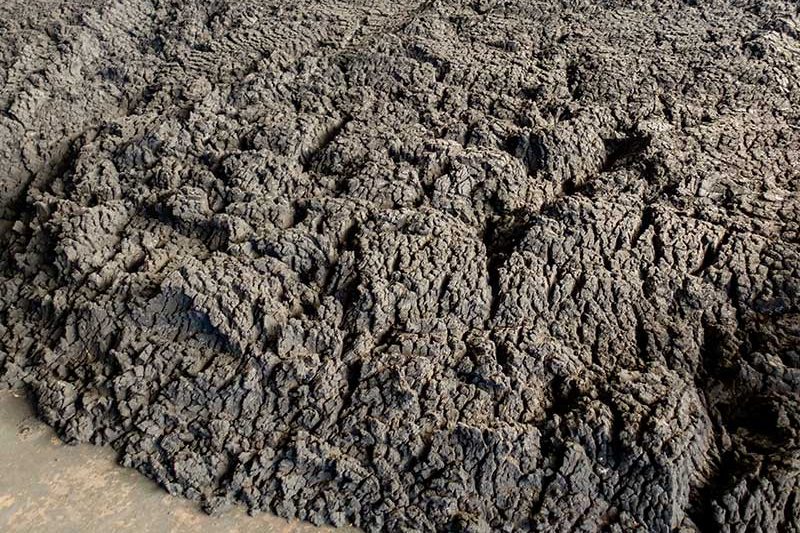Microbes from sewage sludge used as recycled fertilizer likely enable toxic “forever chemicals” known as PFAS to leach into the environment, according to new research led by Christopher Sales, PhD, associate professor of civil, architectural and environmental engineering and doctoral student Asa Lewis. Their study, published in Environmental Science Processes & Impacts, showed how PFAS can spread from fertilizer made with microbial decomposition of biosolids.

“This work provides evidence that microbial weathering processes can impact PFAS partitioning and increase leaching potential in biosolids,” said Sales. The researchers found biosolids with more microbial activity had higher PFAS partitioning, indicating the microbes’ breakdown of organic compounds helps PFAS spread as water passes through. Over three months, especially in the first 10 days, microbial degradation of proteins and lipids increased PFAS leaching potential from the treated sewage sludge.
The results suggest microbes facilitate PFAS release into soil, crops and groundwater when biosolid fertilizers are applied to farmland. About half of U.S. sewage waste is processed into biosolids then fertilizer. The findings highlight the need to understand PFAS’ environmental pathway to properly regulate contamination levels. The researchers say more advanced wastewater treatment is needed to reduce PFAS impacts.

